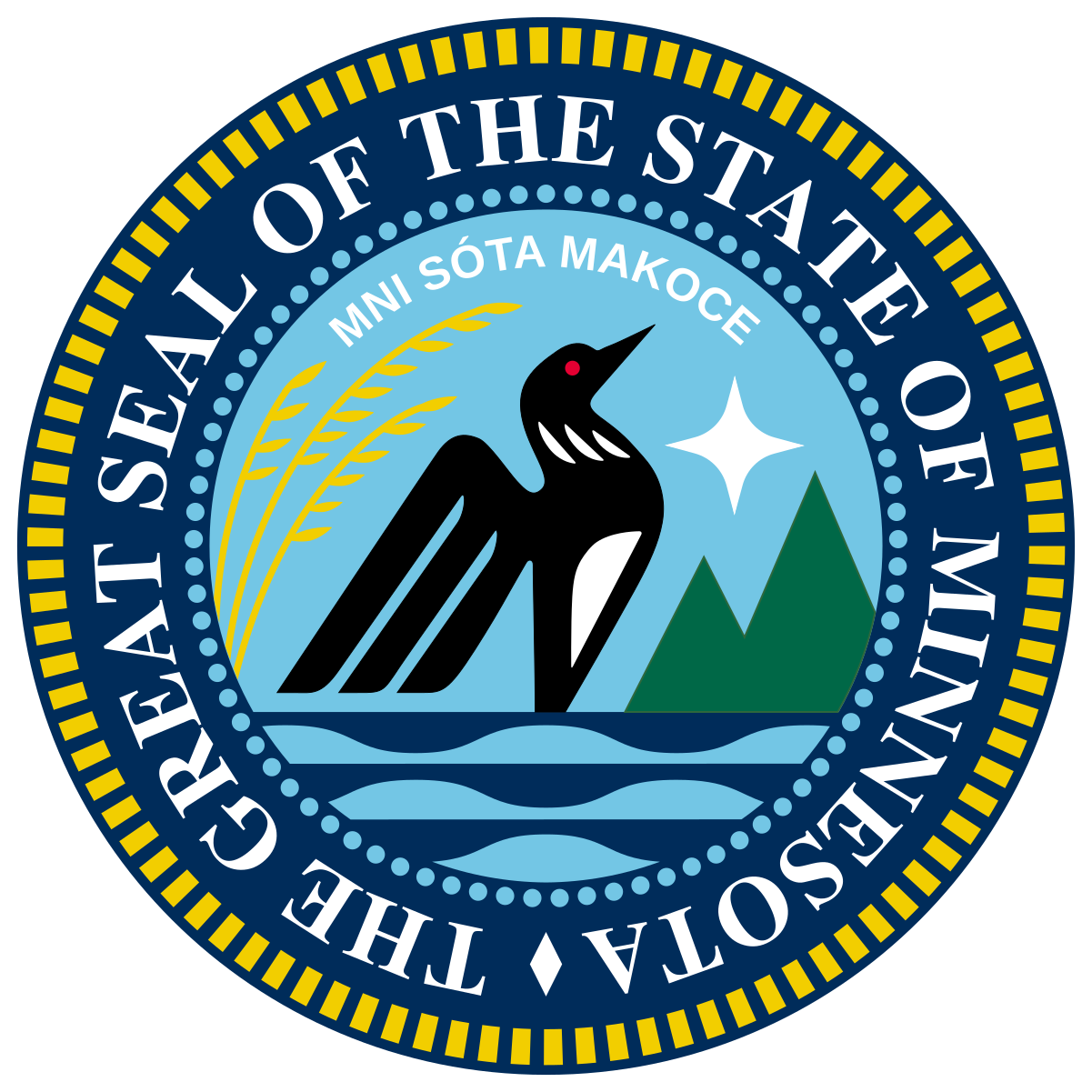WASHINGTON — Donald Trump’s return to the presidency could set the stage for sweeping changes in U.S. education policy.
Throughout his campaign, Trump has vowed to “save American education,” with a focus on parental rights and universal school choice — offering a sharp contrast to the Biden administration’s education record.
With Trump’s White House victory cemented, here’s a look at where he stands on education:
Getting rid of U.S. Education Department
Perhaps Trump’s most far-reaching plan for education includes his vow to close down the U.S. Department of Education.
The department — just 45 years old — is not in charge of setting school curriculum, as education is decentralized in the United States. The agency’s mission is to “promote student achievement and preparation for global competitiveness by fostering educational excellence and ensuring equal access.”
Trump has repeatedly called for moving education “back to the states,” though the responsibility of education already mainly falls on states and local governments, which allocate much of the funding for K-12 schools.
Funding boosts
Trump has proposed funding boosts for states and school districts that comply with his vision for education, including adopting a “Parental Bill of Rights that includes complete curriculum transparency, and a form of universal school choice,” according to his plan.
He also wants to give funding preferences to schools who get rid of “teacher tenure” for grades K-12 and adopt “merit pay.”
He could also ramp up funding for schools that have parents hold the direct elections of principals as well as for schools that significantly reduce the number of their administrators.
Trump’s plan also includes the creation of a credentialing body to certify teachers “who embrace patriotic values, and understand that their job is not to indoctrinate children, but to educate them.”
He is also threatening to cut federal funding for schools that teach “critical race theory” or “gender ideology” and vowed to roll back updated Title IX regulations under the Biden administration on his first day back in office.
The updated regulations, which the Biden administration released earlier this year, extend federal protections for LGBTQ+ students.
The final rule rolls back changes to Title IX made under Trump’s previous administration and then-Education Secretary Betsy DeVos.
A slew of GOP-led states have challenged the measure, leading to several legal battles and a policy patchwork throughout the country.
Student debt and higher education
Trump has criticized the Biden administration’s student loan forgiveness efforts, describing them as “not even legal,” and could let go of any mass student loan forgiveness efforts.
Trump could repeal the administration’s Saving on a Valuable Education, or SAVE, plan, which is currently on hold while tied up in a legal challenge. The sweeping initiative seeks to provide lower monthly loan payments for borrowers and lessen the time it takes to pay off their debt.
Meanwhile, the 2024 GOP platform called for making colleges and universities “sane and affordable,” noting that Republicans will “fire Radical Left accreditors, drive down Tuition costs, restore Due Process protections, and pursue Civil Rights cases against Schools that discriminate.”
The platform also calls for reducing the cost of higher education through the creation of “additional, drastically more affordable alternatives to a traditional four-year College degree.”
Trump has also proposed the “American Academy,” a free, online university that he says would be endowed through the “billions and billions of dollars that we will collect by taxing, fining, and suing excessively large private university endowments.”
Project 2025
Apart from the GOP platform and Trump’s proposals, the Heritage Foundation’s Project 2025 proposes a sweeping conservative agenda that, if implemented, could have major implications for the future of education.
Though Trump has disavowed the conservative think tank’s blueprint, some former members of his previous administration helped craft the agenda.
Some of the education policy proposals outlined in the extensive document include eliminating the U.S. Education Department and Head Start, ending time-based and occupation-based student loan forgiveness and restoring the Title IX regulations made under DeVos.
The proposal also states that “the federal government should confine its involvement in education policy to that of a statistics-gathering agency that disseminates information to the states.”
Major teachers unions react to Trump win
“The voters have spoken. While we hoped and fought for a different outcome, we respect both their will and the peaceful transfer of power,” Randi Weingarten, president of the American Federation of Teachers, one of the largest teachers unions in the country, said in a Wednesday statement.
“At this moment, the country is more divided than ever, and our democracy is in jeopardy. Last night, we saw fear and anger win,” Weingarten said.
Becky Pringle, president of the National Education Association, the country’s largest labor union, said in a statement Wednesday that “this is not the outcome we campaigned for, nor the future we wanted for our students and families, but it is the road through history we now must travel.”


During my last week of high school, someone in my English class asked, out loud, “why do people read!?”
That was the first year ish of no child left behind. It’s only going to get worse, so so much worse.
There are stories from years ago about colleges having to offer remedial math classes for incoming students…